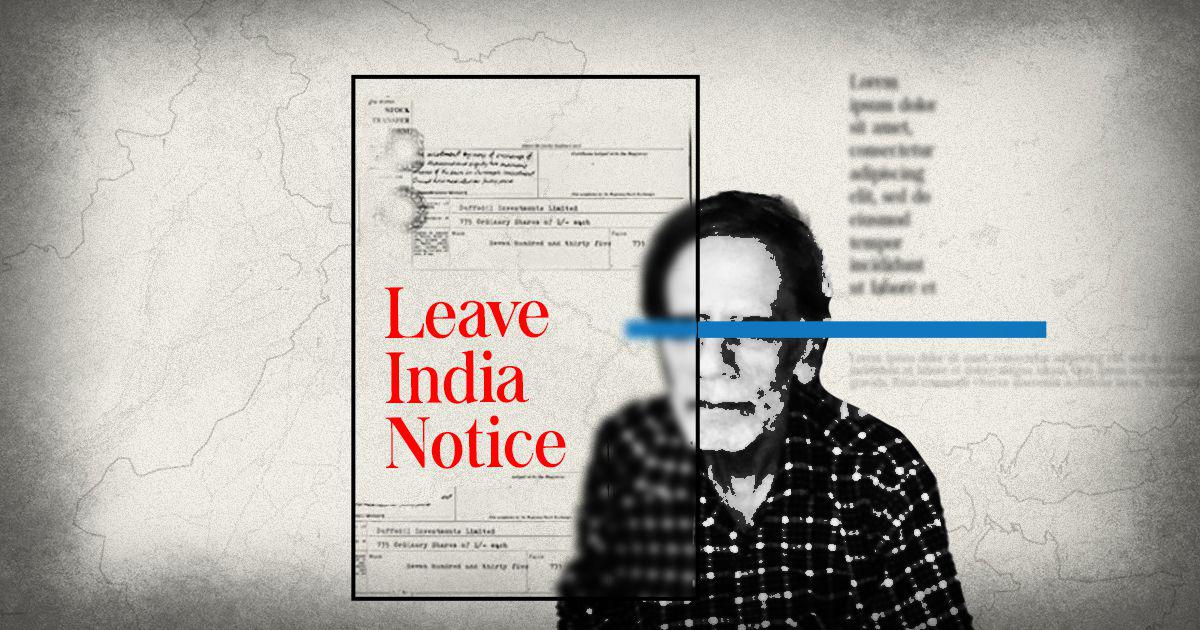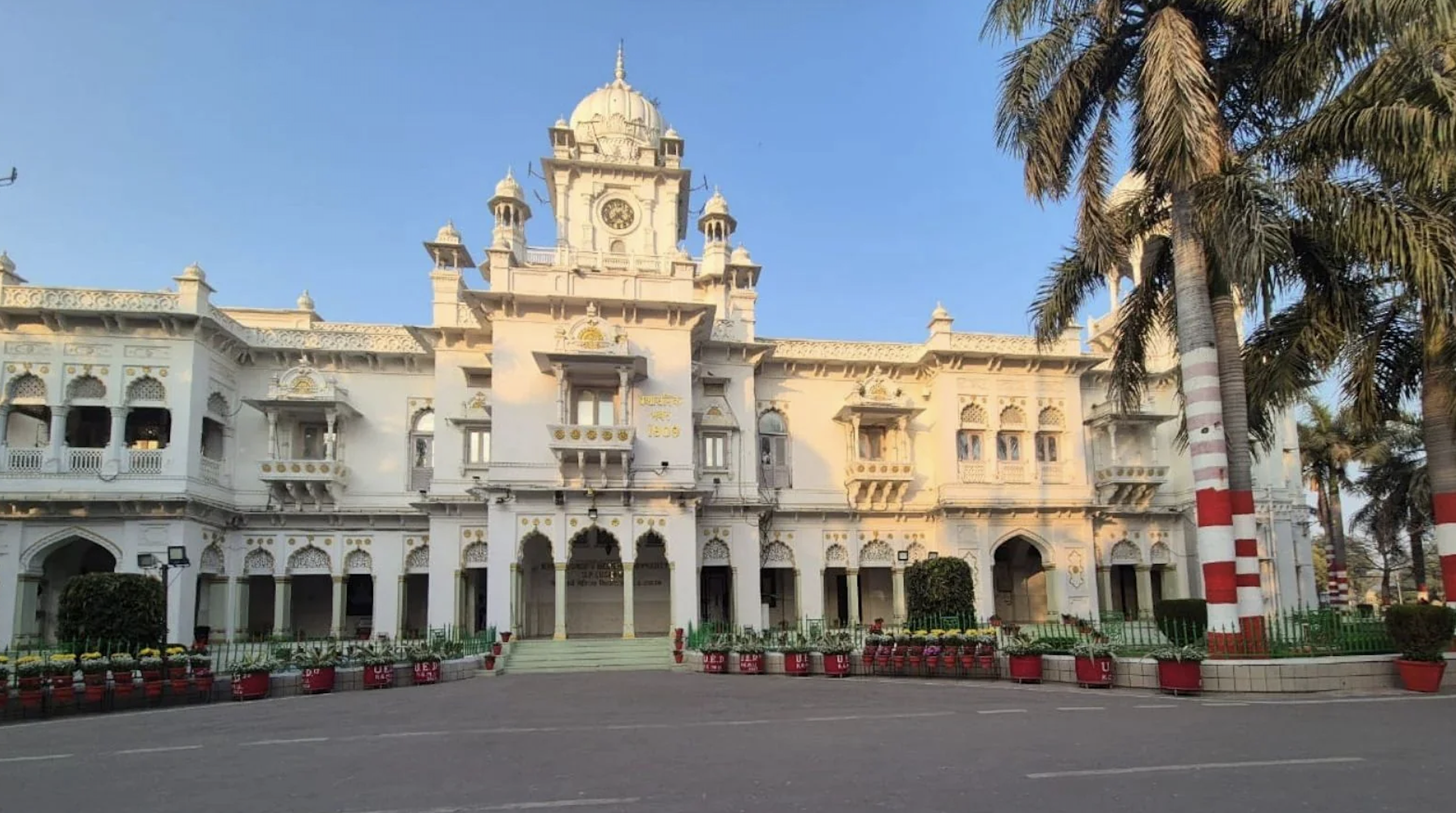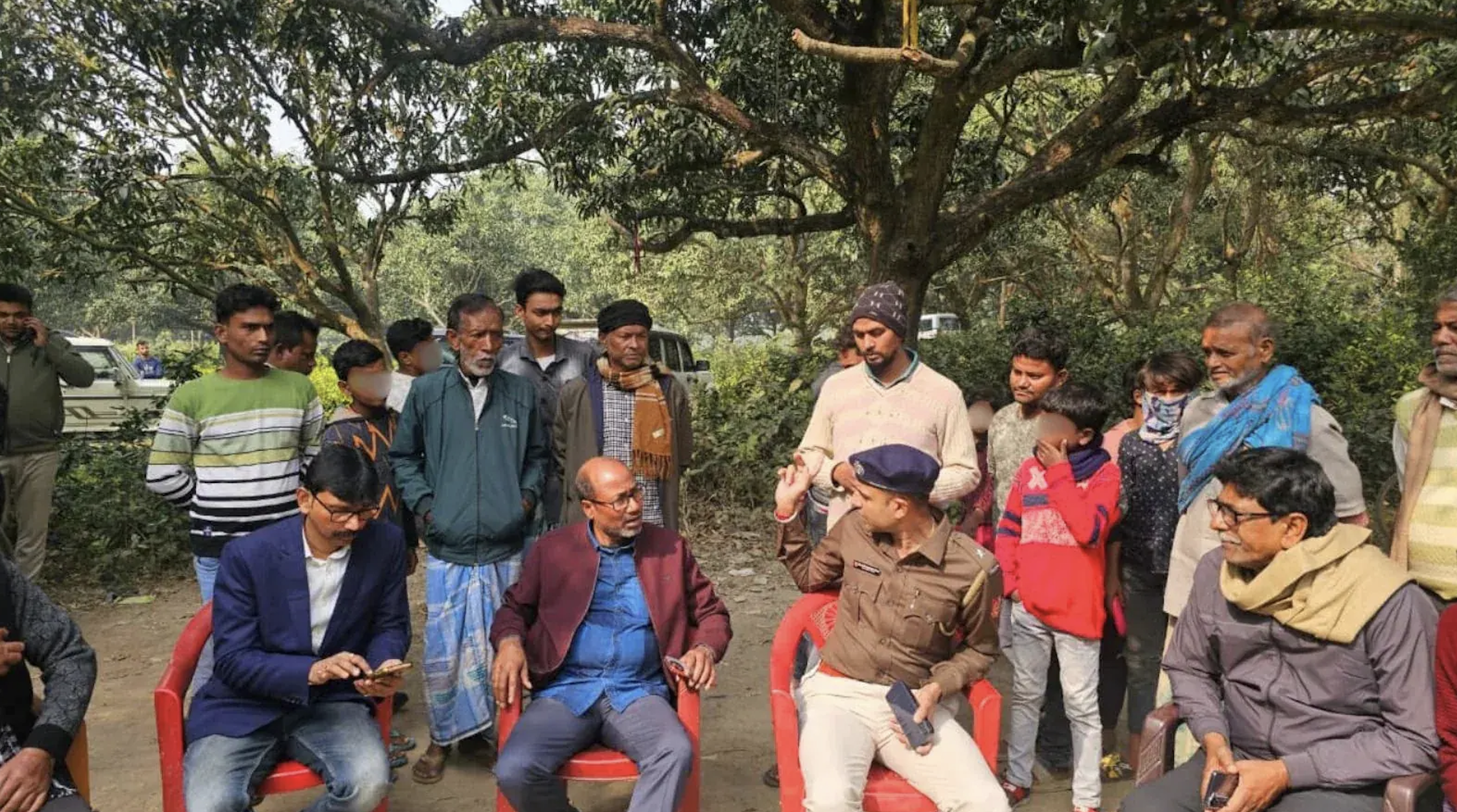
Around 7 in the morning on April 26, there was a knock on the door of the Bhat family home in Srinagar.
The visitor was a low-ranking official from Jammu and Kashmir police’s Criminal Investigation Department. He had come with a “Notice to Leave India” for one of the members of the family – an 80-year-old bedridden and immobile man, Abdul Waheed Bhat.
Four days before, a terror attack in Pahalgam had left 26 civilians dead. It soon pushed India and Pakistan to the brink of war.
In response to Pakistan’s purported involvement in the terrorist attack, India directed states to identify Pakistani nationals and ensure their exit.
The Jammu and Kashmir police officials were at Bhat’s door to carry out that order.
For three days, Bhat’s family tried to reason with the authorities and the police to prevent his deportation. They asserted that he was not a Pakistani national, even though Indian authorities claimed so.
“He was born in Srinagar and had lived most of his life in Kashmir, barring 15 years that he spent in Pakistan,” a relative of Bhat, who did not want to be identified, told Scroll. “He had been living in Kashmir since 1980.”
They submitted his medical reports, which showed that he could not speak or stand, nor be left alone without assistance.
Besides, the authorities had no answers about where in Pakistan Bhat was being sent.
Despite their pleas, on the morning of April 29, the Jammu and Kashmir police put Abdul Waheed Bhat, paralysed and unable to communicate, on a bus headed for the Attari border in Punjab.
This story was originally published in scroll.in. Read the full story here.






